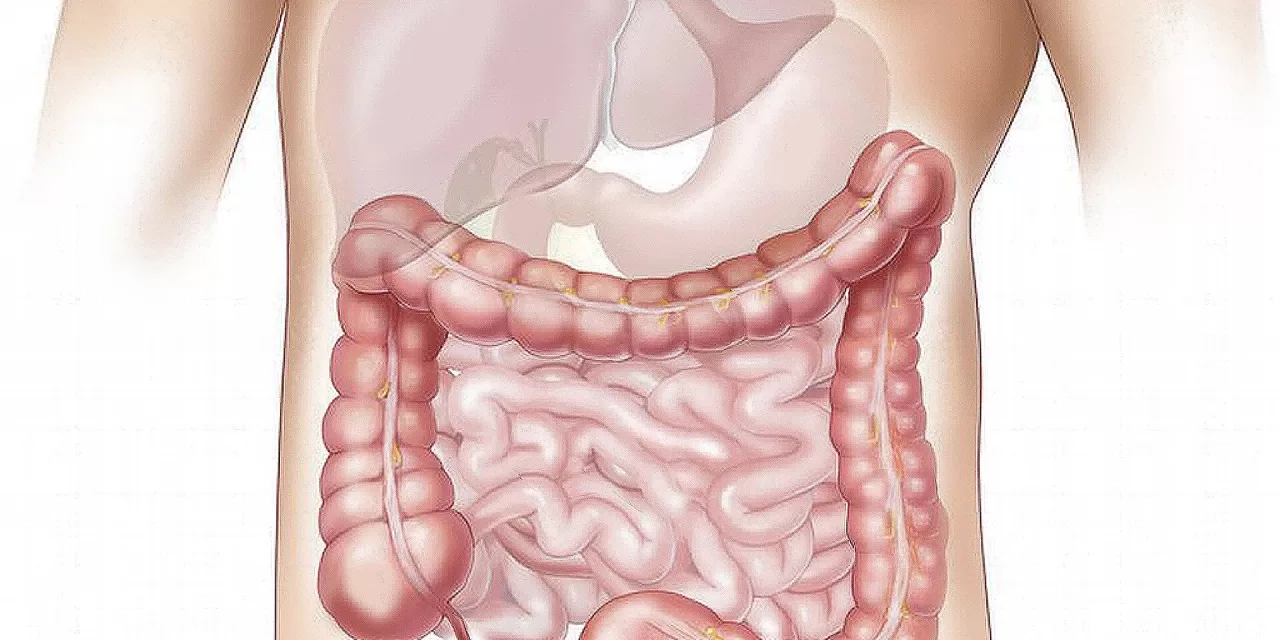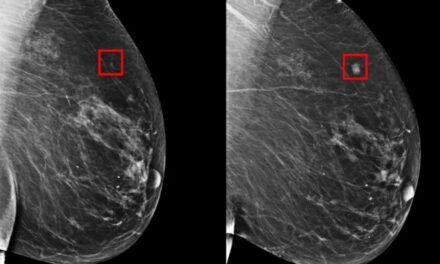Researchers at Karolinska Institutet have identified a groundbreaking molecule that could promote gut healing and inhibit tumour progression, offering hope for patients suffering from inflammatory bowel disease (IBD) and colorectal cancer.
In a pioneering study published in Nature, researchers at Karolinska Institutet in Sweden have discovered a molecule that both aids in the healing of damaged intestines and suppresses the growth of colorectal cancer tumours. This dual function could lead to innovative treatments for IBD conditions like Crohn’s disease and ulcerative colitis, as well as for cancer patients facing the long-term effects of treatment.
Inflammatory bowel diseases (IBD) affect millions worldwide, and many patients find little relief from current therapies, underlining the urgent need for new treatment approaches. Traditional treatments often involve immunosuppressive drugs, which can have serious side effects. The study’s lead author, Srustidhar Das, a research specialist at Karolinska Institutet’s Department of Medicine in Solna, emphasizes that while promoting tissue regeneration might seem promising, it carries the risk of encouraging tumour growth. Cancer cells, he explains, can exploit the body’s healing processes to grow uncontrollably.
However, the new molecule identified in this study appears to provide a solution. By activating a protein known as the Liver X receptor (LXR), the molecule not only stimulates tissue regeneration but also inhibits the development of tumours in colorectal cancer. This discovery, says Eduardo J. Villablanca, Docent at Karolinska Institutet and the study’s senior author, was “astonishing,” offering the potential for new therapeutic strategies in both IBD and cancer treatment.
The research team employed cutting-edge techniques, including mapping the transcriptome of intestinal cells and cultivating 3D organoids—miniature, three-dimensional cell structures that mimic human organs. Using spatial transcriptomics, a method developed at SciLifeLab in collaboration with the Royal Institute of Technology (KTH) and Karolinska Institutet, the team was able to study gene expression in various tissues to reveal the molecule’s effects.
Colorectal cancer is the third most common cancer in Sweden, with over 7,000 new cases each year. For many patients, chemotherapy and radiotherapy are essential treatments but can lead to chronic bowel inflammation, making the healing process more complicated. The new molecule could not only treat IBD but also protect cancer patients from long-term bowel complications following radiation and chemotherapy.
“This therapeutic molecule has the potential to offer relief to IBD patients and also cancer patients recovering from intensive treatments,” says Villablanca.
The study was made possible by grants from numerous funding bodies, including the Swedish Research Council, Novo Nordisk, and the Swedish Cancer Society, among others. However, two of the authors have disclosed potential conflicts of interest: Villablanca has received research funding from pharmaceutical giant F. Hoffmann-La Roche, and Das consults for Cellphi Biotechnology AB.
As the research team moves forward with additional studies, they aim to explore more deeply how LXR influences tumour formation, a crucial step in determining its potential for clinical applications.
Publication Reference: “Liver X receptor unlinks intestinal regeneration and tumorigenesis,” by Srustidhar Das, et al., published in Nature on November 20, 2024 (DOI: 10.1038/s41586-024-08247-6).












